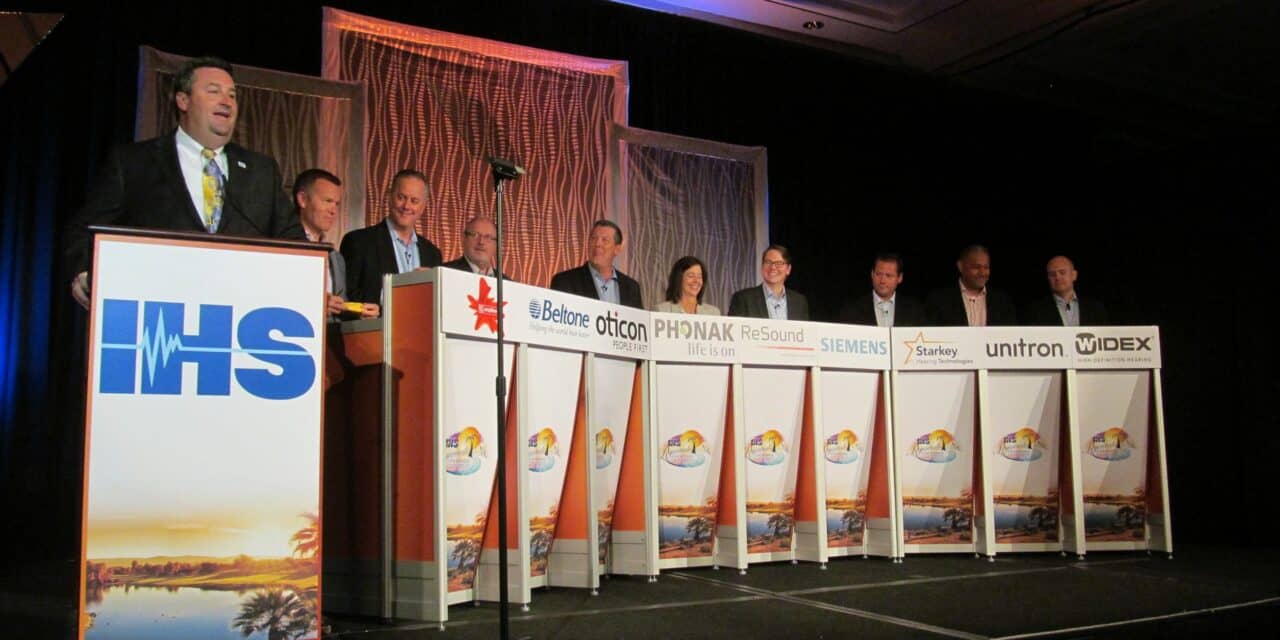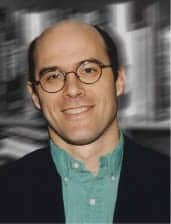Blog | Opinion
By Karl E. Strom, editor
Now that they’re sweeping up after the huge Consumer Electronics Show (CES) in Las Vegas, while one of our industry’s largest conventions—the American Academy of Audiology’s AudiologyNOW! exhibition—looms in March, maybe it’s time to consider the possibility combining the Academy of Doctors of Audiology (ADA) and the International Hearing Society (IHS) into a joint convention during a not-so-distant autumn. Although it was well before my entry into the industry (putting the date roughly in the Pleistocene Era), I have been told that ADA had proposed this idea just shortly after its inception, and IHS—at the time, the “big kid on the block”—politely declined. Years later, when the shoe started to look like it was on the other foot, IHS proposed the same thing, and ADA declined. Touché.
It’s time to try again. In attending both IHS in late August and ADA in November, I couldn’t help but think how much benefit there would be to having these two groups—predominantly dispensing office owners—rubbing elbows and exchanging ideas. Having attended and reported on both Starkey Expos (in 2012 and 2014), which dwarfed the combined attendance figures of IHS and ADA, it’s obvious that the professions can play nice in the sandbox and benefit from each others’ unique and distinct perspectives. The knowledge passed between dispensing professionals at luncheon tables, convention hallways, and even the occasional cocktail lounge, was often as valuable as the excellent general sessions.
Not a bouquet of roses. To be clear, a joint convention would not be a Kumbaya moment, nor should it be expected to be. There is some oil and water. You will still find the odd stalwart audiologist who believes that hearing instrument specialists have no value; likewise, you will find the occasional hearing aid specialist who believes a degree in audiology doesn’t have anything to do with dispensing hearing aids. Happily, these are rare and dying attitudes.
It’s also no secret both organizations have differing legislative initiatives, some of which are anathema to the other. I doubt you’ll get a glowing endorsement from IHS on the merits of 18×18; likewise, Fit to Serve probably won’t garner accolades from ADA. But acknowledging these inevitable differences in agendas, the two major dispensing-focused organizations have far more to gain than to lose in “bundling” a convention while “unbundling” past grievances at curb-side. By combining efforts, maybe there could be some consensus on the many key issues confronting the industry, as well as the obstacles to care confronting the hearing-impaired patient. With apologies to my good friends involved in these hearing-related organizations, at present it appears that virtually all of their major initiatives have a snowball’s chance in hell of passing without the endorsement of the other stakeholders—and a miraculous thaw in Congressional politics.
New opportunities. From a leadership standpoint, IHS and ADA are now headed by very astute and capable executive directors, along with (mostly) board members who just plain “get it.” These are people not scarred by the turf wars and the pitched battles of 20 years ago. Broadly speaking, they understand that—in our relatively tiny corner of the healthcare world in which our voices encounter the massive signal-to-noise problem of being drown out by other far larger and more influential entities—both professions need each other, one discipline cannot possibly hope (or even want) to choke out the livelihood of the other, and that a sizable proportion of their memberships (at least 20% and growing) have offices that employ both audiologists and hearing aid specialists. The two professions have far more serious threats than each other.
From the manufacturer and supplier’s perspective, conventions in general have become small enough where it’s difficult to justify (in terms of sheer ROI) spending large amounts on exhibit booths and personnel attendance. Even the staples of our industry conventions—EUHA in Germany and AAA in the United States—are in retrenchment. Both will continue to be impacted by CES.
More than ever before, the professions of dispensing audiology and hearing aid specialists need each other. A joint convention—politically unthinkable just 10 years ago—might just be one of the revolutionary moves our industry needs.
What do you think? Chime in by emailing Karl Strom at [email protected].




